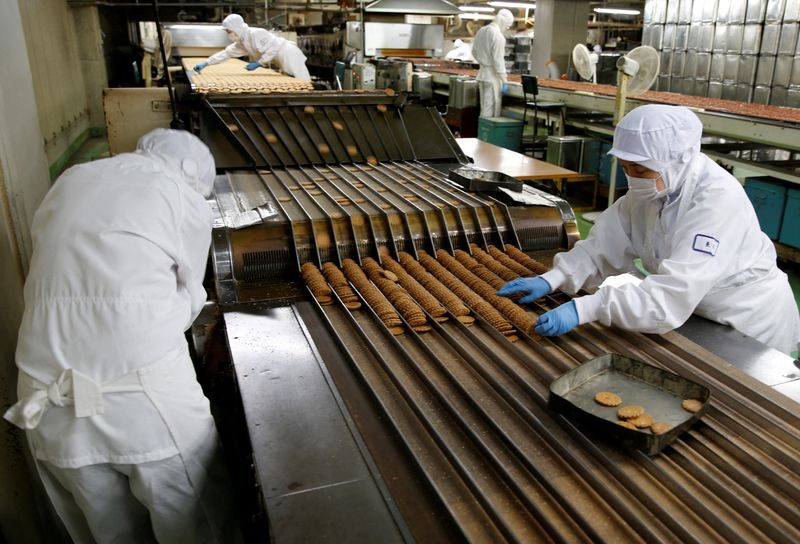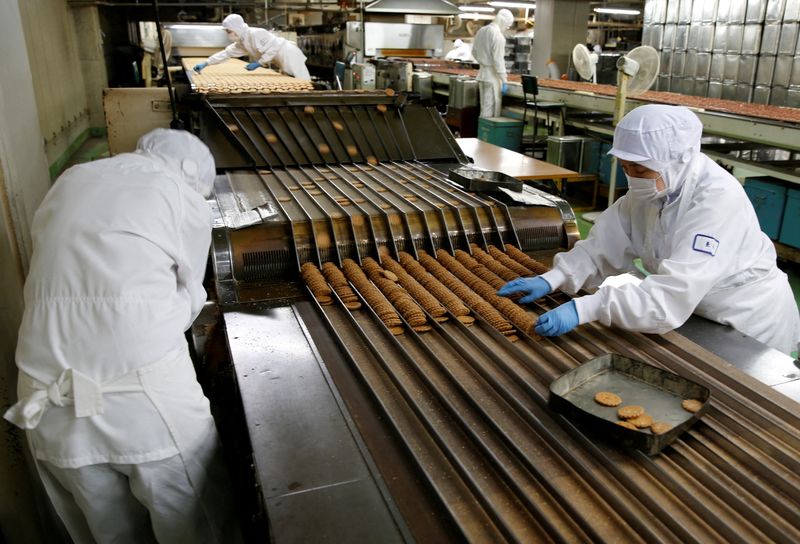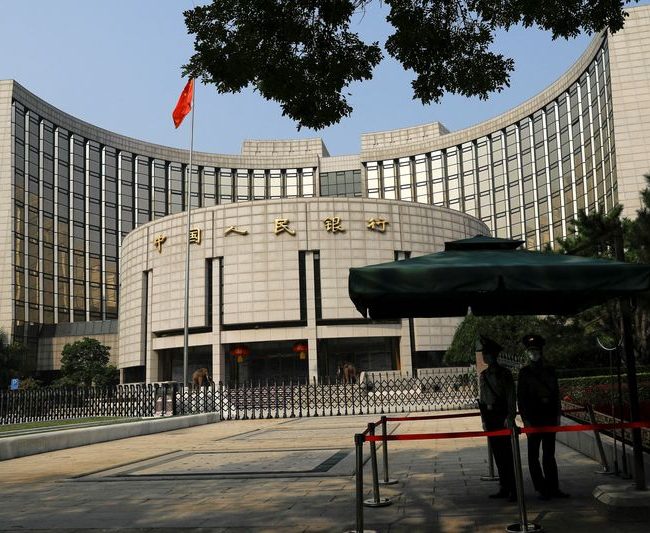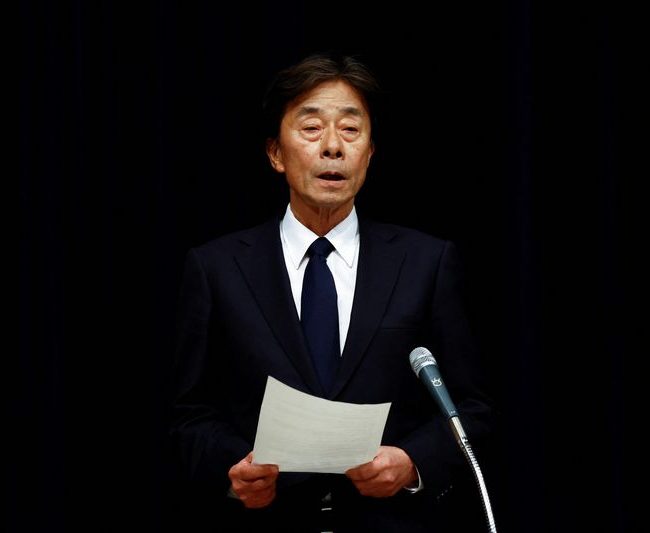
Japan manufacturers’ mood rebounds in Jan, outlook stays flat – Reuters Poll

By Kantaro Komiya
TOKYO (Reuters) – Japanese manufacturers’ sentiment recovered in January after a dip last month thanks to better conditions for materials industries, but their outlook remains flat due to uncertainty over proposed Trump policies, the Reuters Tankan poll found.
The improving business confidence is positive for the Bank of Japan’s (BOJ) view that wage-driven economic growth will lead to stable inflation around its 2% target and justify a further rate hike as early as its next policy meeting on Jan. 23-24.
The survey of 505 non-financial major Japanese firms found manufacturers’ mood rising to plus 2 in January from the previous month’s minus 1, which had marked the first negative reading in 10 months.
The Reuters Tankan indexes are calculated by subtracting the percentage of pessimistic respondents from optimistic ones. For the latest survey, 235 firms responded on condition of anonymity between Dec. 24 and Jan. 10.
The recovery in mood was most conspicuous among upstream industries such as steel, oil refinery and chemicals thanks to a pick-up in global demand, while machinery sectors such as autos and electronics saw their sentiment deteriorating in January.
On a three-month-ahead outlook, manufacturers’ level of confidence is seen unchanged at plus 2 in April.
Even among sectors that turned more optimistic, respondents cited some worrisome factors that kept their outlook neutral.
“While the plant-related business remains robust, there are fears the automotive parts business will suffer from Japanese automakers’ struggles in China and Southeast Asia. The semiconductor-related business is also facing a delayed recovery in market conditions,” a manager at a ceramics company wrote in the survey.
Domestic demand in Japan remains weak, multiple chemical firm managers said.
The ambivalent views echo BOJ’s own tankan poll result in December, which showed a slight improvement in the current conditions but a deteriorating outlook.
Managers remained unsure about the future of U.S. government policies, particularly on international trade, with President-elect Donald Trump taking office on Jan. 20.
“It’s difficult to take any action now given the uncertainty about what policies will be implemented and whether tariffs will really be increased,” wrote a manager of a machinery maker.
Meanwhile, the service-sector index inched up to plus 31 in January from 30 in the month prior. The index is expected to stay flat at 31 in April.
“With high domestic consumer confidence, the number of customer visits, including inbound tourists, is growing steadily,” wrote a retail company manager.
A manager at a construction firm said there has been some progress in passing on costs to service prices to secure profits despite a labour shortage.
Recent data showed wage hikes broadening in Japan with the inflation rate staying above BOJ’s 2% target, cementing market expectations that an interest rate hike is possible in the near term, even as consumer spending and factory output remain soft.


